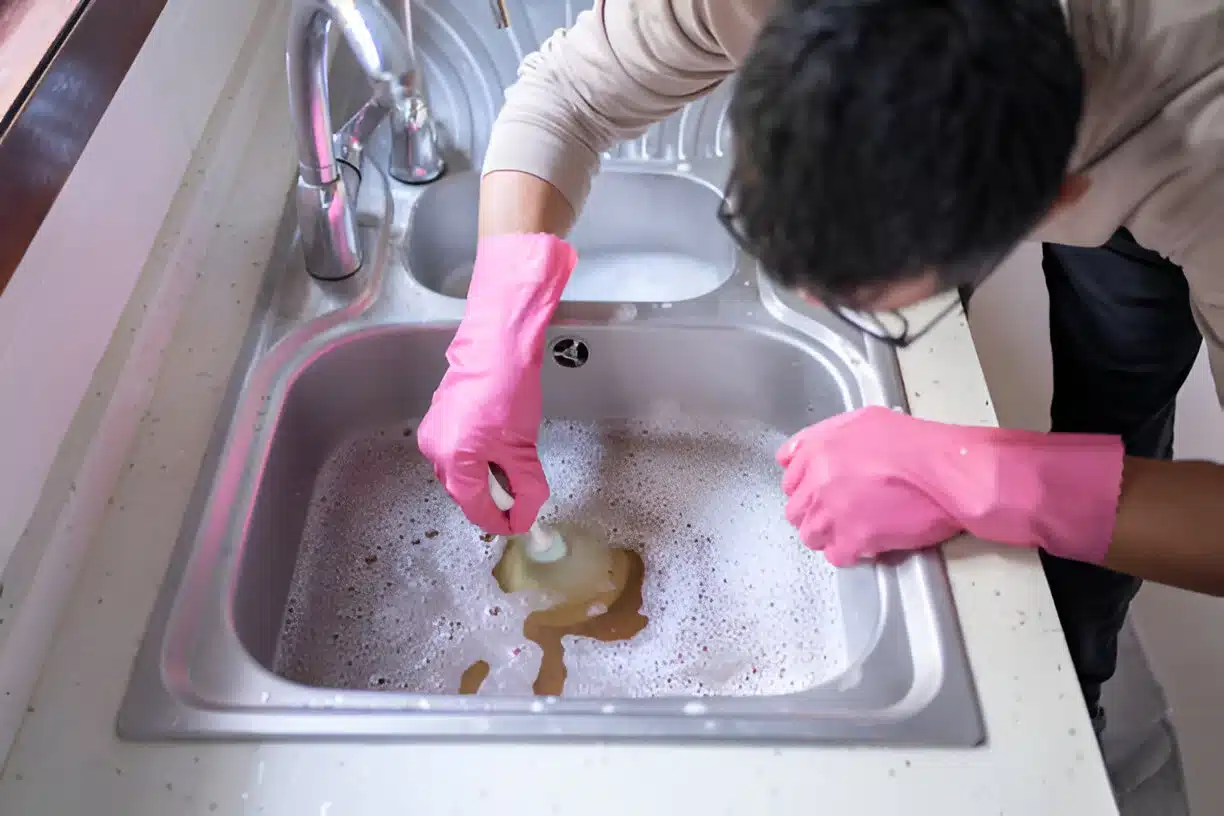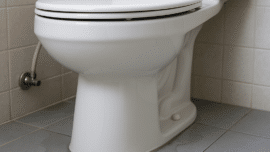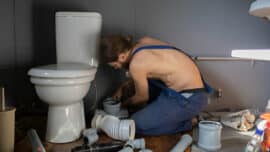
How To Clear A Blocked Drain In 7 Different Methods
Dealing with blocked drains isn’t just about getting rid of a nuisance; it’s about preventing potential water damage and unpleasant odours. Whether caused by hair, grease, food debris, or foreign objects, blockages are never pleasant to deal with. Understanding the best methods to clear a blockage can empower homeowners and tenants to tackle the issue themselves.
Here are 7 different methods to clear blocked drains, ranging from simple DIY fixes to techniques that may require more effort.
Boiling Water: The Simplest Fix
One of the easiest and most effective ways to clear a blocked drain is by pouring boiling water down the drain. This works particularly well if your blockage is caused by grease or soap buildup, which can solidify and clog pipes.
How It Works:
- Boiling water can break down and dissolve any fats or soap that have hardened inside the pipes.
- Pour the water directly into the drain in two to three stages, allowing it to work its way through each time.
When to Use:
- This method works best for kitchen sink drains clogged by grease or bathroom drains affected by soap residue.
The Classic Plunger: A Go-To Tool
A plunger is one of the most reliable tools for dealing with blocked drains and toilets. Using the power of suction, it can force water through the drain and dislodge whatever is blocking the pipe.
How It Works:
- Place the plunger over the drain opening and push it down firmly, then pull up sharply to create suction.
- Repeat this process several times until the blockage is cleared.
Best For:
- Blocked sewers, sinks, and toilets where the blockage is not too far down the pipe.
Baking Soda and Vinegar: Natural Drain Cleaners
This age-old trick is an excellent eco-friendly option for dealing with minor blockages. Baking soda and vinegar create a chemical reaction that can help break down debris causing the blockage.
Steps:
- Pour half a cup of baking soda into the drain.
- Follow it up with half a cup of vinegar.
- Let the mixture sit for about an hour, then flush with hot water.
Benefits:
- It’s safe, non-toxic, and great for both kitchen and bathroom drains.
Drain Snake or Wire Hanger: Unclog Tough Blockages
For blockages caused by hair or small objects, a drain snake or a bent wire hanger can be incredibly effective. This method allows you to physically remove the blockage without using chemicals.
How to Use:
- Insert the snake or wire into the drain and gently twist until you feel resistance.
- Slowly pull the tool out, bringing the blockage with it.
When to Use:
- This method works well for bathroom sinks and shower drains, where hair buildup is a common issue.
Wet/Dry Vacuum: A Strong Suction Solution
If you have a wet/dry vacuum, it can be used to clear stubborn drain blockages. By creating a strong suction force, it can pull out the clog that’s causing the drain to back up.
Instructions:
- Set the vacuum to liquid mode.
- Create a tight seal over the drain, then turn the vacuum on high.
- After a few attempts, the vacuum should dislodge the clog.
Best For:
- Serious blockages that are too difficult to remove with a plunger or snake.
Chemical Drain Cleaners: Use with Caution
Chemical drain cleaners can effectively break down blockages caused by hair, grease, or other debris. However, they should be used sparingly as they can cause damage to pipes over time, especially with repeated use.
Instructions:
- Follow the directions on the cleaner’s label.
- Pour the cleaner down the drain and wait for the recommended time before flushing it with water.
Caution:
- Overuse can erode metal pipes and is not recommended for homes with septic tanks.
Professional Help: Call an Emergency Plumber
When all else fails, it’s time to call in the professionals. Some blockages are too severe for DIY methods and may require the expertise of a licensed plumber. If your blocked drain leads to flooding or multiple drains are clogged simultaneously, you likely have a more serious issue, such as a blocked sewer line.
When to Call a Plumber:
- The blockage is recurring, despite multiple attempts to clear it.
- Water is backing up into multiple drains.
- Foul smells are emanating from the drain, indicating a deep blockage.
Prevent Future Blockages with Expert Help
While clearing a blocked drain is essential, prevention is always better than cure. Regular maintenance and mindful usage of your drains can help you avoid future headaches. Simple habits, like avoiding pouring grease down the sink and using drain covers to catch hair, can go a long way. Additionally, flushing your drains regularly with hot water or natural cleaners can keep them running smoothly.
However, if you experience frequent blockages or suspect a more serious issue, it’s crucial to seek professional help. South East Plumbing offers expert emergency plumbing services to handle even the most stubborn blockages. Whether it’s a blocked drain, blocked sewer, or a recurring plumbing issue, our team is ready to assist. Don’t wait for the problem to get worse—contact South East Plumbing today and get your drains flowing freely again!



